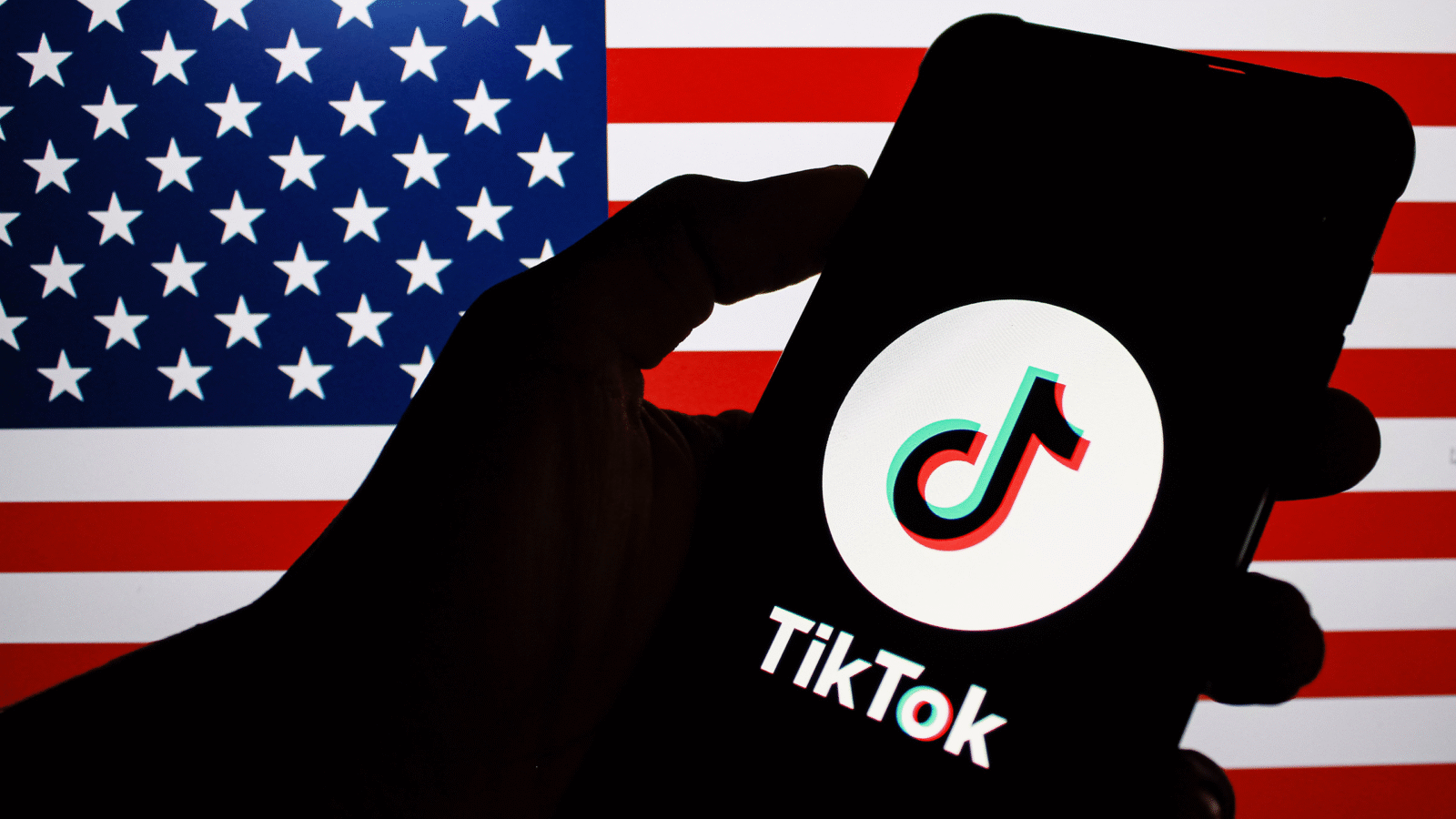
Sign up for smart news, insights, and analysis on the biggest financial stories of the day.
If you’re reading this newsletter while working from home, chances are pretty high you’re sitting or lounging in bed. That’s not an accusation, it’s just statistics!
According to a new survey of 1,520 remote-working Americans, 38% admit to regularly working from bed. But the survey also revealed that for many, the work-from-home lifestyle isn’t as comfortable as it sounds.
From Corner Office To Couch Office
While 91% of remote workers said they made an effort to improve their home workspace and 90% spent money to do so (with outlays on upgrades averaging $282), only 32% claimed to work in a “proper” home office and 71% said they’re “improvising” their workspace.
Swapping a desk and swivel chair for a mattress and a few fluffy pillows is just one of the many makeshift home office solutions remote workers have employed:
- According to the survey, 45% of remote workers admit to regularly working from the couch, while 20% regularly work outside and another 19% from a closet (not our preference). And just over two-thirds of employees have admitted to working from bed at some point in the pandemic.
- 57% of remote workers have bought a new chair and 51% a new desk. And to freshen up the environment for all those Zoom meetings, 30% of respondents bought house plants, 27% bought a webcam, 26% purchased wall art, books, or décor, and 12% picked up an elegant face-flattering ring light.
For some particulars on industries employing the most leisure-seekers: 72% of accountants, 73% of engineers, and 80% of real estate employees have admitted to working from bed.
The Pains Of WFH: Working from bed or the couch sounds soothing, right? Not so, according to survey respondents. 81% of remote workers say their home office setup spurs weekly issues of pain and discomfort, while 50% say the pain is so bad they’d actually prefer the office to working from home.











